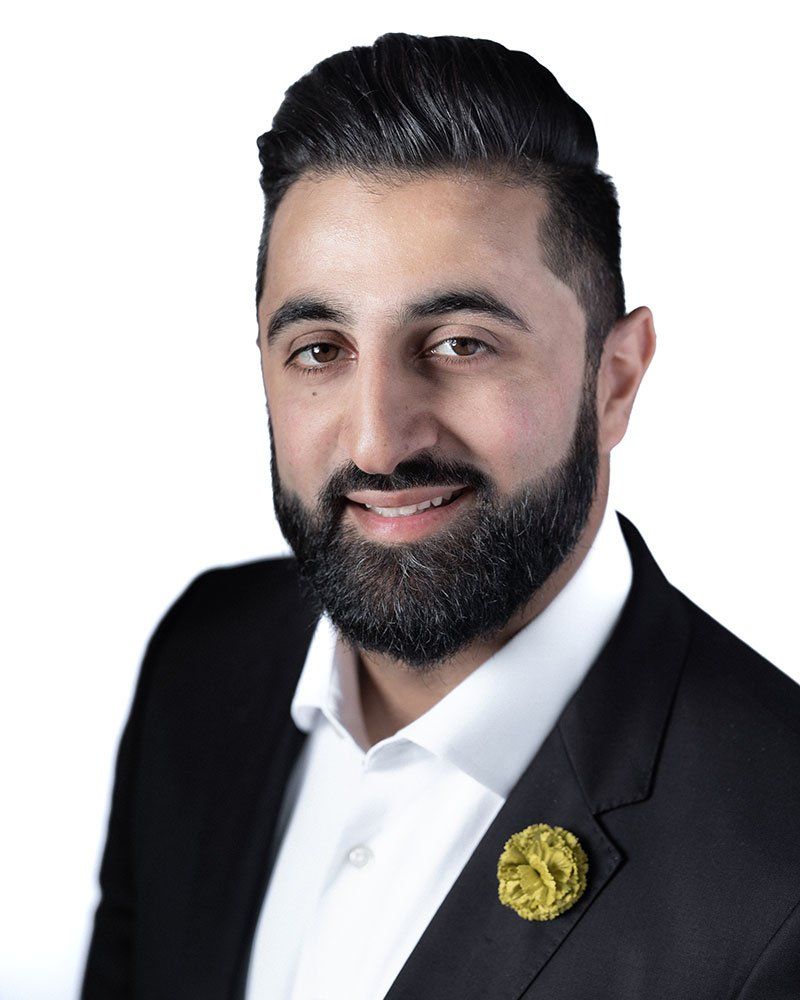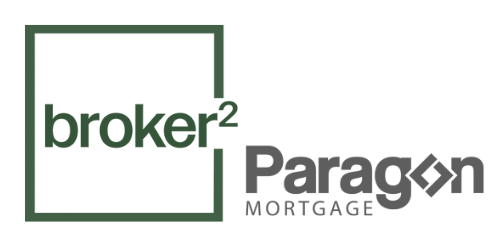ABOUT OAK + PRIME LENDING
At Oak and Prime Lending, we work to find you the best mortgage solution to meet your needs. With access to many different lenders, we help all different types of borrowers achieve their goal of home ownership.
We listen to your needs and assess your financial situation. We then create a plan for you and provide you with various lending options. We will walk you through the lending process ensuring that all of your questions are answered and that you are kept informed. Our services go beyond simply arranging your financing. Our goal is to be your mortgage broker for life, offering you exemplary customer service and keeping you up-to-date with current real estate and lending news.
Oak and Prime Lending led by Sukh Sohal brings 7 years of experience in the financial industry. He spent 5 years with TD Canada Trust where he excelled at providing quality customer service to a wide range of clients. He also spent a year with an alternative mortgage lender as an Underwriter and as Business Development Manager. Sukh has a Bachelor of Business Administration degree with a major in Finance from Simon Fraser University.
STEP ONE
Get Connected
STEP TWO
Evaluate Options
TESTIMONIALS

Mike Roque | The GO Team, Dexter Realty

Sukh is committed to his craft, will reliably get you a mortgage with a great rate, will do so in a quick 'time is of the essence' fashion, responds immediately to you by phone call, text or email - whatever you need. Sukh maintains an air of integrity, professionalism and trust. Sukh isn't your typical cookie cutter broker, he gives great advice and helps you maneuver through the financial woes - keeping your interests first. With multiple properties, I need a mortgage broker I can rely on, which is why he has financed each and every property I own. Bottom line, you can trust Sukh Sohal.
Jasbir
MORTGAGE ARTICLES




Download Our Mortgage Toolbox
We'd love to hear from you!
Send us a message, and we'll get back to you right away.
Sign up to our newsletter
Thank you for contacting us.
We will get back to you as soon as possible.
Please try again later






